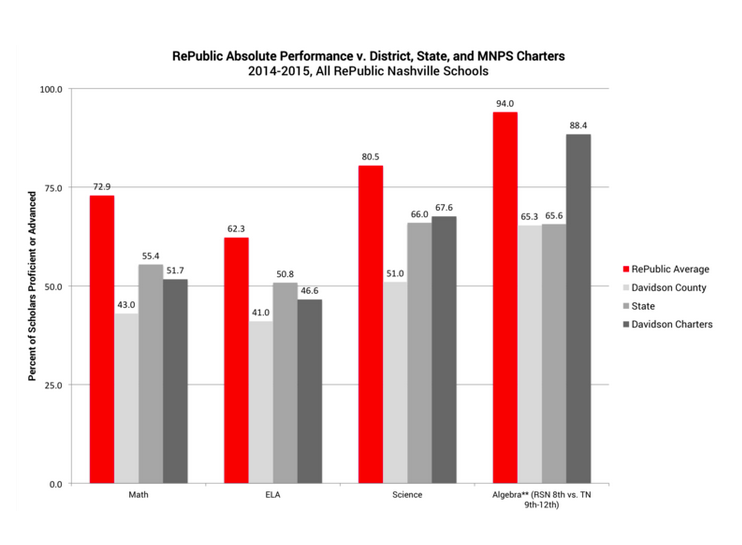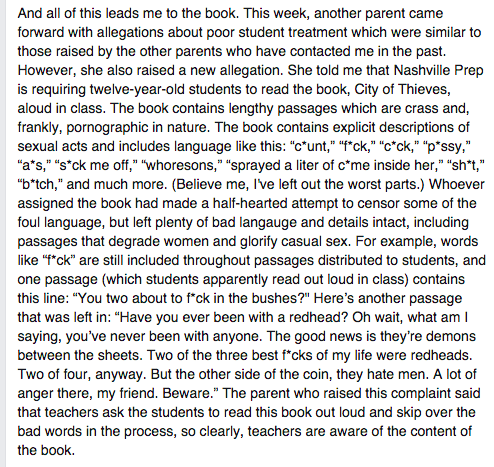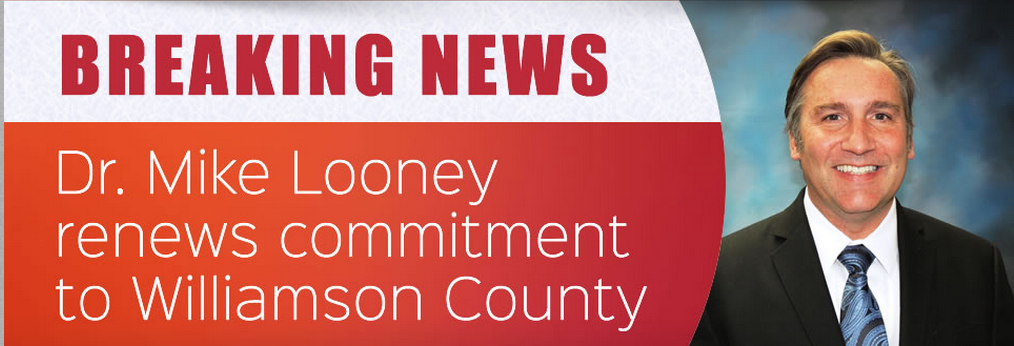Nashville School Board Member Mary Pierce recently shared her opinions on the upcoming MNPS budget. The budget conversations have turned into a philosophical centralized vs. de-centralized debate. These conversations are much needed in Nashville. No matter where you fall on the spectrum, these conversations allow us to make our education system better for our students. Some budget items need to be centralized, like payroll, transportation, and maintenance. Others not so much.
I think Mary Pierce is saying that she is not against XYZ program, but she is in favor of the principal to make the decision what is best for their school.
So why the debate? As you saw, while $454M is sent directly to schools, some $356M is still managed at central office, but for much more than daily operations such as school buses, utilities or building maintenance Roughly $117M or almost $1,600 per pupil is managed by central office for academics in areas like Literacy, English Learners, Advanced Academics, Special Education, Family and Community Support, and more. It’s in this space where we see the philosophical divide. Does centralizing these services align with our strategic plan or should we allow our principals more flexibility in areas like these by giving them more dollars to drive outcomes for the students they serve? My personal belief is that central office can best support our schools by making thoughtful and intentional hires of principals for each school community, and then allowing them the budgetary freedom to make staffing and academic decisions for their specific school communities.
While the 2016-17 proposed budget is still in draft form, we have had two meetings to walk through the overall budget and the proposed changes or expansions of programs. Of the requests totaling around $22M in new funding from departments within central office, roughly $6.4M will be sent directly to schools via student based budgeting for teachers supporting students learning English, but the remaining $16M will be managed by central office. This does not mean that the teachers or staff paid for by these initiatives won’t be out in schools directly working with students, but it does mean the principals will not have programmatic or budgetary discretion over the programs. While the programs are not mandated, schools will not receive funding for support unless principals agree to follow the central office plan.
To be clear, the questions raised by board members have not been about the merits of a particular program or service, but rather about who is in the best position to make the best decisions on the behalf of students and does this align with our strategic plan.




